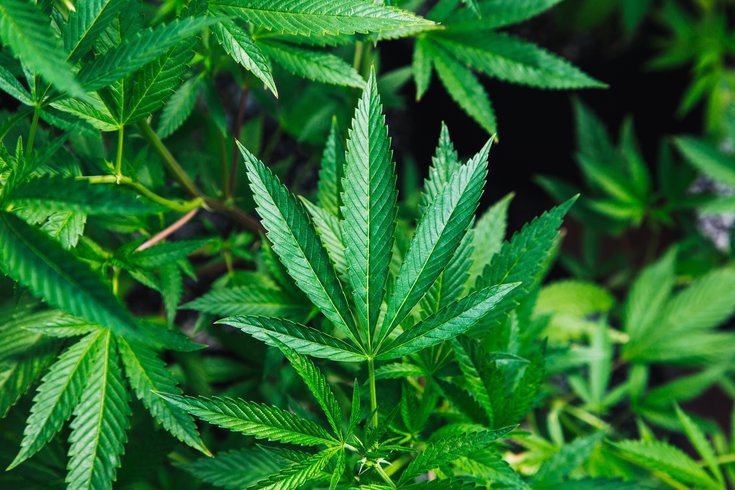
March 11, 2023
 RICK PROCTOR/UNSPLASH.COM
RICK PROCTOR/UNSPLASH.COM
People with criminal records for federal marijuana possession can now apply to the U.S. Justice Department to receive certificates of proof that they have been pardoned for these offenses.
People who have been found guilty of federal marijuana possession charges can now apply to receive certificates proving their convictions have been pardoned, the U.S. Department of Justice announced recently.
The application process is being rolled out five months after President Joe Biden granted the pardons for people convicted of simple marijuana possession offenses in federal court. Marijuana remains illegal under the federal Controlled Substances Act, despite states like New Jersey legalizing it for recreational use. Also, Biden's pardon will not affect people who have been found guilty of marijuana-related offenses in state courts.
Biden's federal pardons are intended to remove the barriers people who have been convicted of simple possession face. Having a record with a marijuana offense can impact a person's ability to get housing, employment, education and travel. Federal convictions can also restrict are person's civil liberties, such as a right to vote, the opportunity to run for public office, serve on a jury and the right to bear arms.
The pardons also acknowledge that people of color are disproportionately impacted by the marijuana laws. In the last five years, among the federal defendants convicted and then sentenced for marijuana possession crimes, just more than 70% are Hispanic, according to a report by the U.S. Sentencing Commission.
The number of people, overall, who have been sentenced for simple marijuana possession is relatively small and has been declining since 2014, when there were 2,172 federal offenders. In 2021, there were 145 offenders, the sentencing commission's report states. Since 2014, Arizona's federal court accounted for nearly 80% of the marijuana possession cases, peaking at 1,916 in 2014 and declining to only two in 2021.
Although these certificates will offer valuable proof for those who have been pardoned, they do not mean that people's marijuana possession offenses have been expunged. New federal legislation would need to be passed in order to have these records wiped. A pardon does not absolve wrongdoing but instead serves as a means of forgiveness.
The U.S. Office of the Pardon Attorney has created an online form where people can apply for their pardon certificates and upload documentation about their convictions. Those applications will be reviewed and, once approved, the U.S. government will send each person a certificate stating that a pardon was issued on Oct. 6, 2022.
This program is open only to U.S. citizens and others legally in the country who were convicted of, or are awaiting trials for, simple possession of marijuana offenses in federal court or D.C. Superior Court. People with more serious federal marijuana possession offenses on their records are not covered by the president's pardon and do not qualify for the certificates.
Simple possession is a Class A misdemeanor. First time offenders can be fined as much as $1,000 and face as long as one year in prison. Last year's pardon does not cover any other offenses related to marijuana or other controlled substances. If other charges were associated with a simple possession case, the pardon will not apply to other convictions.
The Biden administration estimates that the federal pardon could help as many as 6,500 people.
In Pennsylvania, former Gov. Tom Wolf last year created the Marijuana Pardon Project to forgive similar low-level offenses at the state level. More than 2,600 people submitted applications to be pardoned by the Sept.30 deadline, but so far only 231 people have been approved for clemency by the state Board of Pardons to receive certificates of proof.
The Marijuana Policy Project published a report last year that included Pennsylvania among the states with the harshest cannabis laws in the country, despite public support for legalization of marijuana. Pennsylvania Gov. Josh Shapiro is in favor of legalizing recreational marijuana. During his campaign, he emphasized that expungement of non-violent marijuana convictions will need to be a key feature of any bill he signs.
In 2021, New Jersey automatically expunged more than 362,000 marijuana and hashish cases as part of the state's marijuana decriminalization law. People can find information about whether their cases were eligible for expungement and how to confirm if their records have been cleared on the New Jersey Courts website.